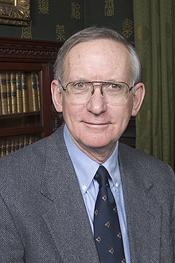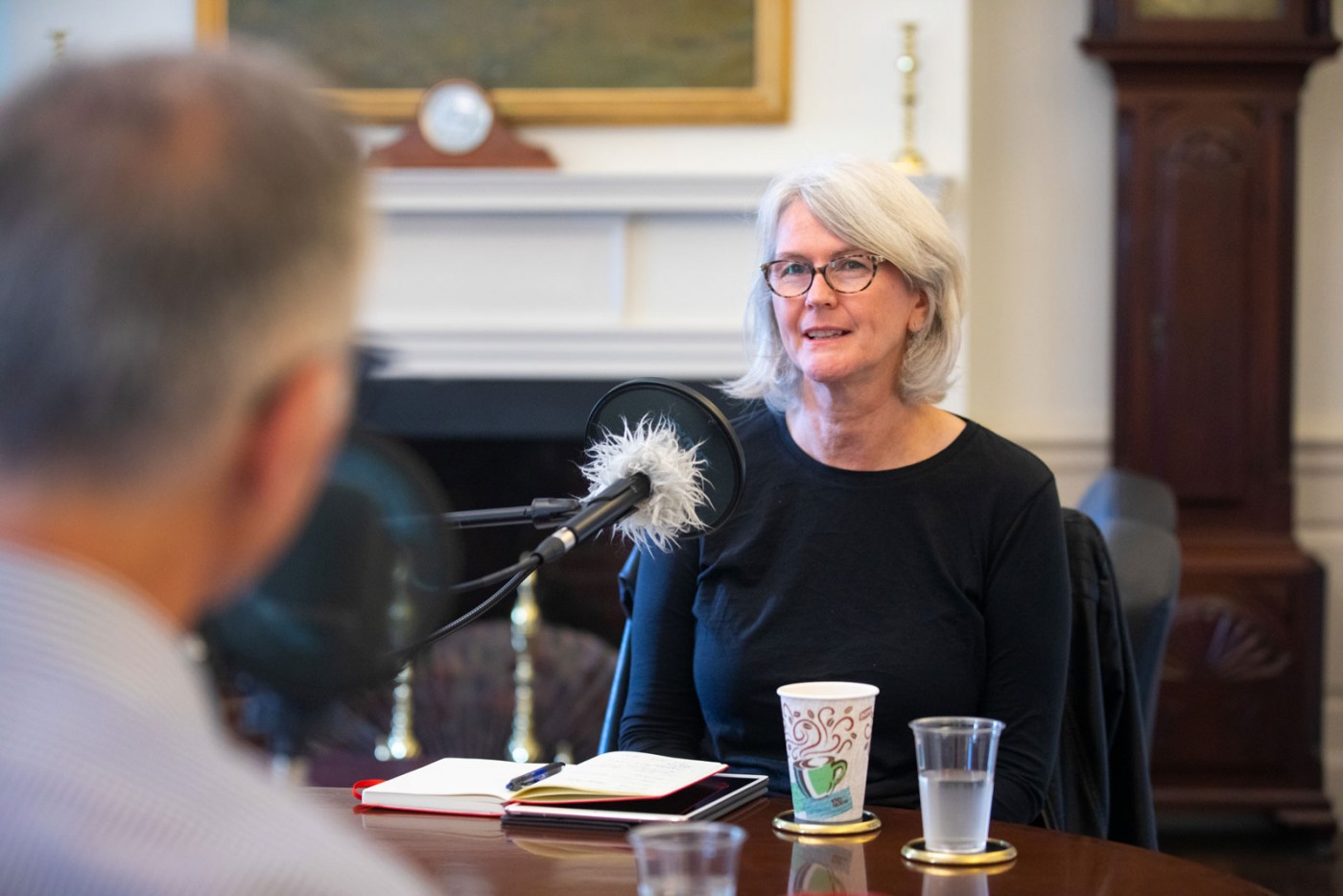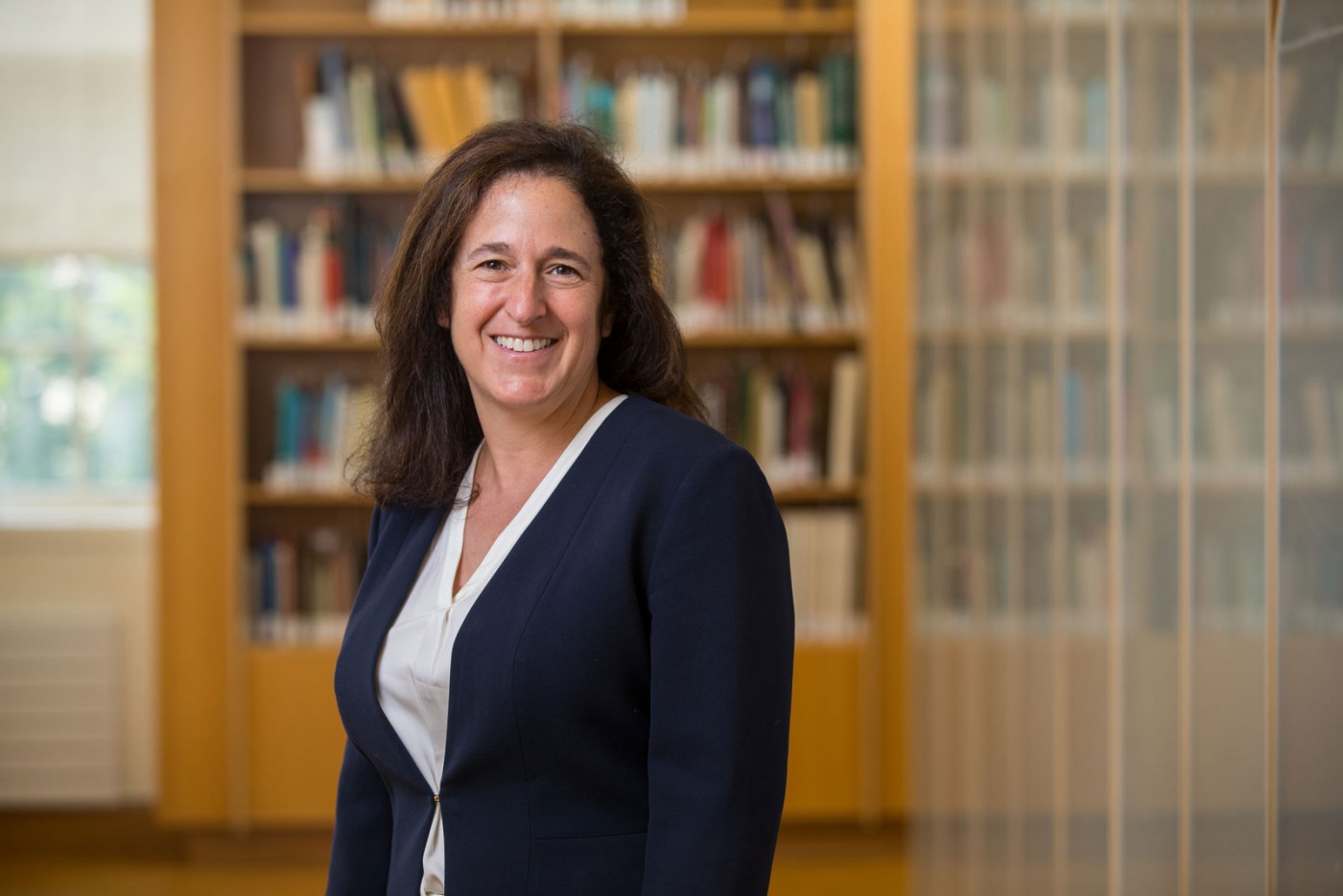PROVIDENCE, R.I. [Brown University] — Three Brown University professors have been elected members of the American Academy of Arts and Sciences, one of the nation’s most prestigious honor societies.
The new members from Brown are Carl Kaestle, professor emeritus of education, history and public policy; Diane Lipscombe, professor of neuroscience and director of the Carney Institute for Brain Science; and Susanna Loeb, professor of education, international and public affairs, and director of the Annenberg Institute.
They join the academy, which includes leading thinkers in science, public affairs, business, arts and humanities, among a class of 276 new members. Members are selected through a highly competitive process that recognizes individuals who have made preeminent contributions to their disciplines and to society at large.
“The members of the Class of 2020 have excelled in laboratories and lecture halls, they have amazed on concert stages and in operating rooms, and they have led in board rooms and courtrooms,” said academy President David W. Oxtoby on April 23. “With today’s election announcement, these new members are united by a place in history and by an opportunity to shape the future through the academy’s work to advance the public good.”

Kaestle has earned international renown as a historian of American education, educational policy, literacy and print culture. In his highly influential 1983 book “Pillars of the Republic,” he argued that Protestant values and the development of capitalism played major roles in shaping 19th century American school systems and thus the central tenets of American education today.
His current scholarship focuses largely on the federal government’s role in elementary and secondary education in the latter half of the 20th century, and the history of books and readers in the U.S. from 1880 to 1950.
“I am delighted to be elected to the Academy of Arts and Sciences,” Kaestle said. “As a historian also identified with education policy studies, I have always enjoyed the blend of disciplines that focus on education. The Academy of Arts and Sciences spans the entire spectrum, across social sciences, the humanities and the physical and biological sciences. It should be an invigorating group in which to meet experts from different fields.”
Kaestle was awarded a prestigious Guggenheim fellowship in 1977. He earned a bachelor’s degree from Yale University and a master’s and Ph.D. from Harvard University.
Lipscombe is a longtime Brown professor who directs the Carney Institute for Brain Science, a nexus of research across the University that is accelerating the pace of scientific discovery about the brain and helping to find cures for some of the world’s most devastating diseases. She is also the past president of the Society for Neuroscience, the world’s largest organization for the study of the brain and nervous system with nearly 38,000 members from 90 countries.

Lipscombe and her research team at Brown investigate the role of voltage-gated ion channels in the function of neurons, including how they are regulated and modulated. She studies how they can mediate acute and chronic pain signaling and their potential importance in the pathophysiology of diseases and disorders. Through collaborations, Lipscombe’s group is studying early stage animal models of amyloid lateral sclerosis (ALS) and is developing new molecular tools to regulate neuronal activity.
"This is such a great honor for me, and I want to extend thanks to my colleagues at Brown and beyond who are an endless source of inspiration,” Lipscombe said. “It is also a recognition of the many talented trainees and collaborators who have contributed to my scientific research. The importance of the American Academy of Arts and Sciences in tackling complex global challenges has rarely been more acute, and I hope to contribute to their efforts."
Lipscombe was elected a fellow of the American Association for the Advancement of Science in 2013 and has served both the Society for Neuroscience and the National Institutes of Health in a variety of roles. She earned her Ph.D. at University College London in 1986 after studying there as an undergraduate.

As director of the Annenberg Institute at Brown, Loeb leads a major hub for interdisciplinary education scholarship and its translation into policy and practice, building on the institute’s past work in addressing the causes and consequences of educational inequality in the U.S. Her own research specializes in education policy and the relationship between educational opportunities for students and federal, state and local policies.
“I am so honored by this recognition, not only of my research but of the importance of trying to get better answers to education policy questions so that we can provide better opportunities for students — particularly for those students who need them the most,” she said of her election to the academy.
Before coming to Brown in 2017, Loeb taught education at Stanford University and served as the founding director of the Center for Education Policy Analysis there. She is also a member of the National Academy of Education, a faculty fellow at the National Bureau of Economic Research and president emeritus of the Association for Education Finance and Policy.
She earned bachelor’s degrees in political science and civil engineering from Stanford and a master’s in public policy and Ph.D. in economics from the University of Michigan.
Kaestle, Lipscombe and Loeb join 38 current and former Brown faculty members who have been elected to the American Academy of Arts and Sciences, including University President Christina Paxson and Nobel Laureates Leon Cooper and Michael Kosterlitz. The academy was founded in 1780 by John Adams, John Hancock, and others who believed the new republic should honor exceptionally accomplished individuals and engage them in advancing the public good.
The new members will be officially inducted at a ceremony to be held in Cambridge, Mass., on Saturday, October 10, 2020, provided that guidance from public health officials on the COVID-19 pandemic enable the ceremony to proceed as scheduled.